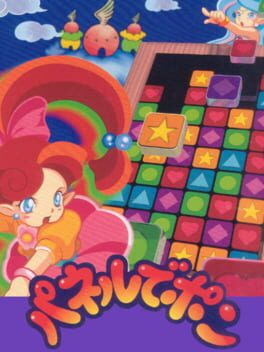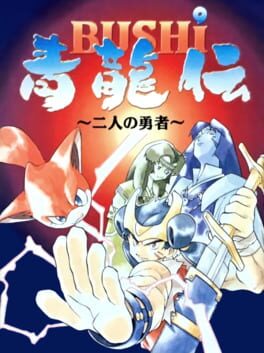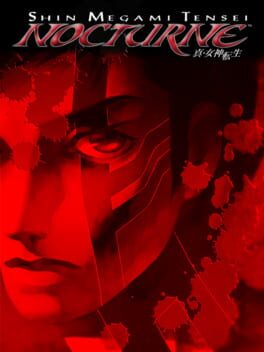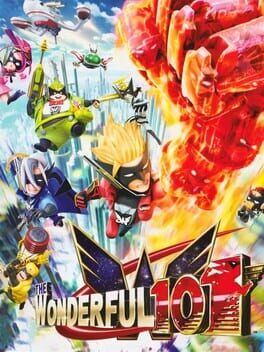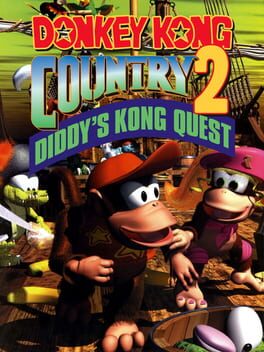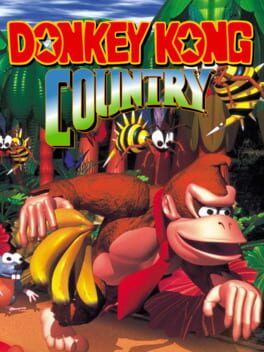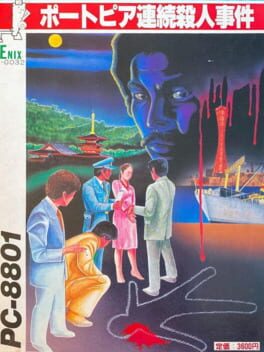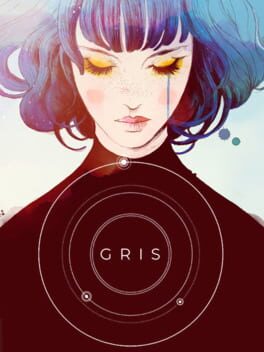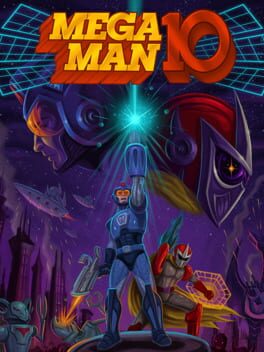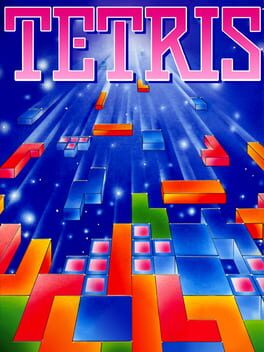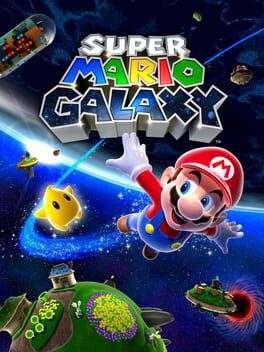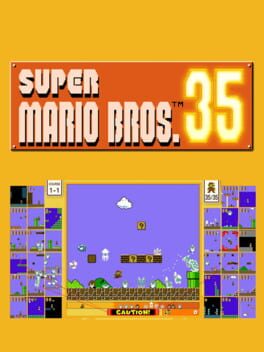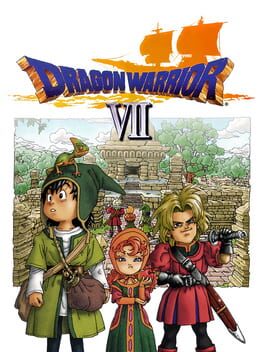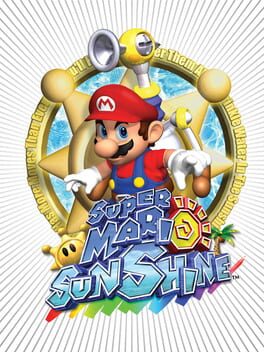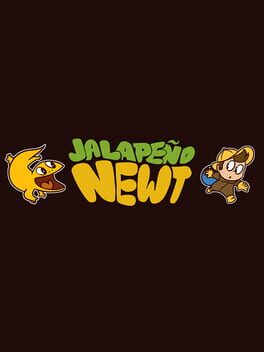1995
Even if games like these exist thanks to Tetris, the difference between it and the rest is that Tetris can survive by itself being purely monochromatic (when it is). Panel de Pon or Puyo Puyo, just to name a few, need to be coloured action-puzzle games, and just that implies that they do not have that kind of coldness, but an approach to learning and the existence of rules to follow. At least more than the two inmediate verbs that are part of Tetris's core: amount and align.
The best aspect of PdP originates when it becomes more than it appears to be and the "action" part shines, specially when you are against the foes in VS mode. It's like a boss rush, but with the difference that every boss fights you the same way (and you too). Even so, you have to learn new tactics in this only combat if you pretend to improve and reach Cordelia, one of the best final challenges I've seen in any videogame to test your skills. Only available at the end of the Hard mode.
The adrenaline transforms this game. During the heat of a fight it no longer is a puzzle game, and becomes a tactical one with management, due to the different portions of the space you have where you're being attacked. Is it better to retire blocks (units) from above to make some space due to the panels (monsters) that were sent to you by the other foe? Or you should block-pierce those panels from below? It's up to you.
The interesting part about this last tactic is that this is the only moment where it kinda reminds me of Tetris, because when the monster panel reveals all of the blocks of which it is composed, they're all gonna fall. And the more you prepare the place they'll fall, the more succesfully will all fall: it's the hardcore part of alignment in this game, and it rocks.
In a sense, I feel like the block nature of this game is like Tetris but in a molecular level. Tetris is about the shapes of the tetraminos. Panel de Pon is about the blocks of those figures.
The best aspect of PdP originates when it becomes more than it appears to be and the "action" part shines, specially when you are against the foes in VS mode. It's like a boss rush, but with the difference that every boss fights you the same way (and you too). Even so, you have to learn new tactics in this only combat if you pretend to improve and reach Cordelia, one of the best final challenges I've seen in any videogame to test your skills. Only available at the end of the Hard mode.
The adrenaline transforms this game. During the heat of a fight it no longer is a puzzle game, and becomes a tactical one with management, due to the different portions of the space you have where you're being attacked. Is it better to retire blocks (units) from above to make some space due to the panels (monsters) that were sent to you by the other foe? Or you should block-pierce those panels from below? It's up to you.
The interesting part about this last tactic is that this is the only moment where it kinda reminds me of Tetris, because when the monster panel reveals all of the blocks of which it is composed, they're all gonna fall. And the more you prepare the place they'll fall, the more succesfully will all fall: it's the hardcore part of alignment in this game, and it rocks.
In a sense, I feel like the block nature of this game is like Tetris but in a molecular level. Tetris is about the shapes of the tetraminos. Panel de Pon is about the blocks of those figures.
[[First "review" (I'm the first who writes about this in this site, so maybe I'll write twice, just because. I'll write again as soon as I finish it)]]
Magnificent work by Game Freak, even if the OST is mediocre. I wish it was at least more ominous regarding the main theme of the game: the dicotomy of the soul. Such a philosophical theme treated with the utmost respect; it reminds me of the tone of SMT: Nocturne.
One link between the two games is the use of the magatama stone. In Nocturne I didn't think at all about it, just a stone with powers. But in BS:FnY you learn that it's a symbol of goodness. In fact, it looks like the half of the yin-yang symbol. The approach in the understanding of these games changes thanks to details like these. I give thanks to the fact I've been playing them at the same time.
Magnificent work by Game Freak, even if the OST is mediocre. I wish it was at least more ominous regarding the main theme of the game: the dicotomy of the soul. Such a philosophical theme treated with the utmost respect; it reminds me of the tone of SMT: Nocturne.
One link between the two games is the use of the magatama stone. In Nocturne I didn't think at all about it, just a stone with powers. But in BS:FnY you learn that it's a symbol of goodness. In fact, it looks like the half of the yin-yang symbol. The approach in the understanding of these games changes thanks to details like these. I give thanks to the fact I've been playing them at the same time.
2013
I reeeeally dislike the Rare of this game, but I love the one of the first entry and their idea of doing something cool. Not sure if this the first oversaturated of content Rare game, but that by definition feels limited and doesn't feel like a formula that could evolve. They just killed the atmosphere they created.
1994
I think that this is the first platformer where the level design and even the game mechanic's sole purpose is to serve as a vehicle for all the technical aspects, from the graphics to the music and the sound design totally in between.
It's something outstanding: how environmental and nature phenomena are portrayed into the general feel of the odyssey. At a certain point I even thought jokingly that the game was made by animals. Like it was a videogame made by animals, but for humans. Maybe for animals too but they couldn't enjoy it, obviously.
Haven't played the sequel yet but there's stuff in it that breaks that "animal purity" that is at the core of the original but, to be honest, the original DKC breaks itself a bit too, due to the factory levels. That's the lowest point for me, just for how separated they are from the jungle, the caves and mines, the aquatic ambiance...
But as for how the human hand intervenes in the animalistic feel, it just makes some of those creatures feel more menacing than they should. Sometimes their unpredictability, sometimes their placement, and some other times, just their looks.
It's something outstanding: how environmental and nature phenomena are portrayed into the general feel of the odyssey. At a certain point I even thought jokingly that the game was made by animals. Like it was a videogame made by animals, but for humans. Maybe for animals too but they couldn't enjoy it, obviously.
Haven't played the sequel yet but there's stuff in it that breaks that "animal purity" that is at the core of the original but, to be honest, the original DKC breaks itself a bit too, due to the factory levels. That's the lowest point for me, just for how separated they are from the jungle, the caves and mines, the aquatic ambiance...
But as for how the human hand intervenes in the animalistic feel, it just makes some of those creatures feel more menacing than they should. Sometimes their unpredictability, sometimes their placement, and some other times, just their looks.
This is the second game after Night in the Woods that has made me do something I don't wanna do. In that game was to touch somebody's ripped off arm with a stick in the middle of the street. The thing is that if you insisted, you would discover a mysterious symbol in the arm. In Portopia's case, it's simple police brutality. But even with that, I consider it even more interesting, because it defies the notion of fiction VS reality. Unfortunately, I can't say the same about the sexist bits. They just feel idiotic and, worst of all, unnecessary.
The way the wide range of options is displayed to you to make use of them makes me think that the game is not about a story of profound relationships, but an option showcase to generate text through interactions constantly, while you're trying things over and over.
Because of this, it can be tricky to go forward here and there, but it's worth the experiment. The thing I liked the most about this experiment is the scenery investigation part, where nothing looks suspicious at first glance, but when you use the magnifying glass, it kinda feels like you're using one, because that's when you might discover where does some things hide.
The way the wide range of options is displayed to you to make use of them makes me think that the game is not about a story of profound relationships, but an option showcase to generate text through interactions constantly, while you're trying things over and over.
Because of this, it can be tricky to go forward here and there, but it's worth the experiment. The thing I liked the most about this experiment is the scenery investigation part, where nothing looks suspicious at first glance, but when you use the magnifying glass, it kinda feels like you're using one, because that's when you might discover where does some things hide.
2018
If I were to take a shot for each wall and obstacle that interrupts your step... It's just so much.
And about the art, well, is that, art. Conrad Roset has put his art gallery in the coldest way possible: through hallways and corridors. That's a reason for all those walls.
Only at the end of the game I felt something... kinda. Like some shy interactivity. And then it ends.
And about the art, well, is that, art. Conrad Roset has put his art gallery in the coldest way possible: through hallways and corridors. That's a reason for all those walls.
Only at the end of the game I felt something... kinda. Like some shy interactivity. And then it ends.
2010
1989
2007
No me ha gustado porque no siento que nada, absolutamente nada, cause un impacto en los mundos de Galaxy. En 64 es el propio Mario el que lo causa, en Sunshine los piantas y otros habitantes (es el Mario con mayor cantidad de texto y con amplia diferencia; está ahí por una razón), ¿pero en Galaxy? Me parece un paso atrás, y el hecho de que no se haya vuelto a explorar la idea de la gravedad para mí demuestra que o no era la opción más adecuada o no se aprovechó su potencial. Aísla tanto a Mario hasta el punto que nadie más aparte de él en este juego trata de sacar provecho a estos gimmicks gravitatorios, y de ahí lo de potencial desaprovechado. En consecuencia, los mundos están hechos para él en exceso. Conquistar el espacio nunca ha sido tan aburrido.
Una de las claves del SMB original era precisamente que cada uno de los enemigos imitaba una porción del moveset de Mario, y no hay rastro de eso en absoluto en Galaxy. Para mí Odyssey trata más de llegar al "corazón" de Mario, por ejemplo, porque recuerda a esta idea de imitación.
Y por último, en palabras de un amigo al que tampoco le gusta, "Galaxy lo sentía como un mapa para que yo saltase, en cambio en los otros [Marios] se sienten más mundos que puedo explorar saltando".
Una de las claves del SMB original era precisamente que cada uno de los enemigos imitaba una porción del moveset de Mario, y no hay rastro de eso en absoluto en Galaxy. Para mí Odyssey trata más de llegar al "corazón" de Mario, por ejemplo, porque recuerda a esta idea de imitación.
Y por último, en palabras de un amigo al que tampoco le gusta, "Galaxy lo sentía como un mapa para que yo saltase, en cambio en los otros [Marios] se sienten más mundos que puedo explorar saltando".
2020
2000
2002
I had heard that this game could present a lot of jankiness. It's true, this game's particular feel and physics are more prominent than 64's, but I think it's the same aim this previous game has: making difficult for the player to have an absolute control over the avatar, Mario. The main goal is to create accidents as interesting as victories, and as far as I've seen, it really works. For me at least.
I just found fascinating how one shine could lend to soo many different outcomes.
I just found fascinating how one shine could lend to soo many different outcomes.
2020
